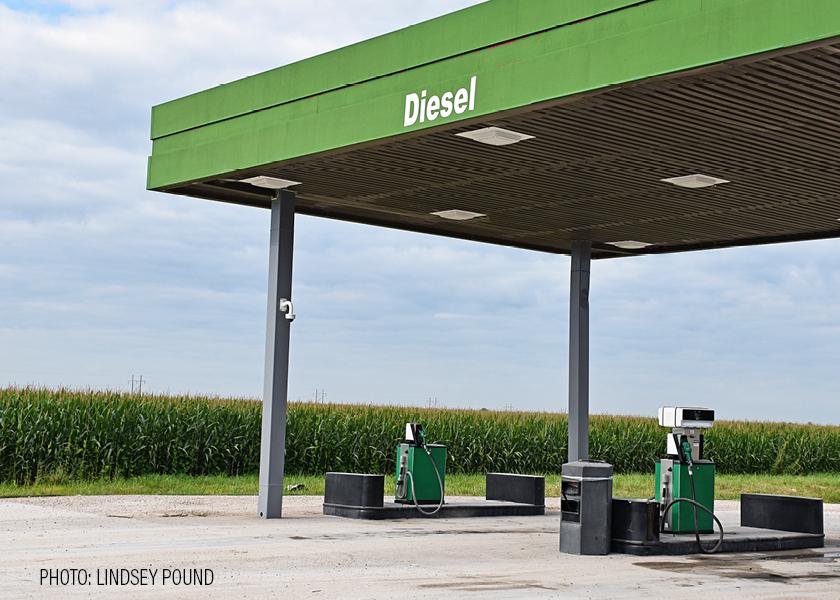U.S. Diesel Crisis Lingers as Europe Prepares for Russian Oil Ban

President Biden has another fuel crisis at hand: diesel. Tapping the Strategic Petroleum Reserve (SPR) won't help much due to the lack of refining capacity.
Global diesel and distillate fuel stocks have fallen to dangerous levels and the U.S. has been exporting a lot of diesel to Europe and Latin America, but now things are changing. U.S. buyers are snapping up diesel cargos originally planned for Europe as the crisis deepens.
Europe's Plan B
Europe is currently buying a lot of Russian diesel to fill the gap, but this will have to stop next February as the embargo on Russian fuels kicks in. Argus reported that Europe is in for a major diesel supply shock because of low inventories and strong demand.
U.S. Export Ban Revisited
Banning U.S. exports to secure supply is one option under White House review. A ban on exports could "decrease inventory levels, reduce domestic refining capacity, put upward pressure on consumer fuel prices and alienate U.S. allies during a time of war," wrote Mike Sommers of API and Chet to Jennifer Granholm, U.S. energy secretary.
If diesel exports are banned, it will not please Mexico, Brazil and Chile who are short of diesel. In July, the last month with available full data, U.S. diesel exports to Latin America hit a record high of 1.2 million barrels, double the amount a decade ago.
Another Option of the U.S.
Biden could, instead, force oil companies to build up stocks quickly ahead of the winter by setting a minimum inventory level, similar to what the European Union did for natural gas stockpiles. Problem again is that this would lead to surging prices in Latin America as it would force American refiners to import more or reduce their exports — or both.
Either way, prices will likely continue to surge, as they have this week.
Markets React
Wholesale diesel prices in the spot market of New York harbor, a key pricing point, surged this past week to more than $200 per barrel. Bloomberg notes that excluding a three-week period from late April into mid-May, that would be a record high.
As a result, American refiners have the best-ever diesel margins, with the profit of turning a barrel of crude into one of diesel hitting a record high of $86.5 per barrel, up about 450% from the 2000-2020 average of $15.7 per barrel.
The current level is the lowest ever recorded for this time of year. Because most food and grocery items are transported via truck, cost structures will remain troubling and limit relief for consumers as winter approaches.
Facts and Figures
Currently, the U.S. has just 106 million barrels of diesel and heating oil in commercial stocks; the last time inventories were that low in mid-October was in 1951, when Democrat Harry Truman was in the White House. Typically, inventories should be 30% higher this time of the year.
More on fuel:
This Researcher Looks to Uncover Renewable Diesel Source in Unique Place
John Phipps: It's Now Less About the Supply of Oil, And More About Refining Capacity in the U.S.







